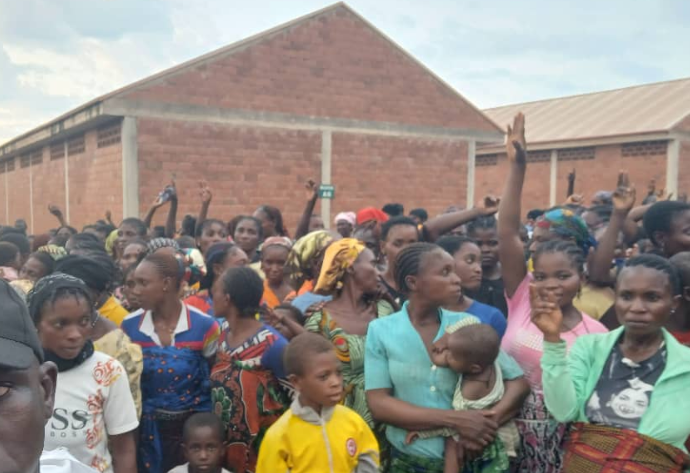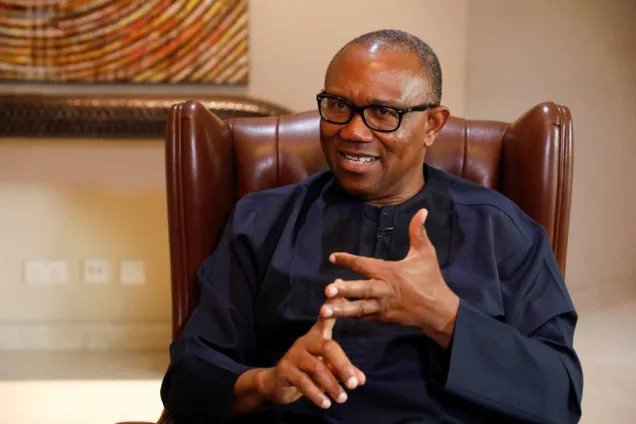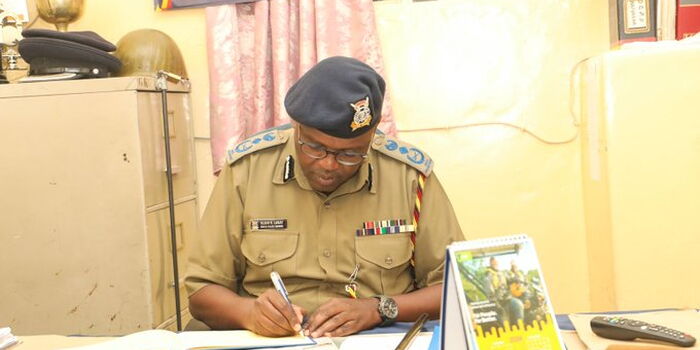Benue Killings: Officials Assess Damage, Public Figures Demand Justice and Security

Benue State has been plunged into a profound humanitarian crisis following a series of coordinated attacks by armed assailants, primarily in the Yelewata and Daudu communities within the Guma Local Government Area. These attacks have resulted in a devastating loss of life, with initial reports indicating over 100 fatalities, a number that subsequently escalated to an estimated 200 by Sunday, June 15. The National Emergency Management Agency (NEMA) has confirmed that 6,527 individuals have been displaced, including 1,069 households, 1,768 females, 759 males, 657 children under 18, and 1,870 adults above 18. Vulnerable groups among the displaced include 252 lactating mothers, 82 pregnant women, and 91 elderly persons. Two soldiers and one officer of the Nigeria Security and Civil Defence Corps (NSCDC) were also killed in an ambush while responding to a distress call near Daudu.
Governor Hyacinth Alia of Benue State has strongly alleged that the perpetrators are armed herders who enter the state with sophisticated weapons, specifically AK-47s and AK-49s, and notably, without cattle. He stated that the conflict has evolved from traditional farmer-herder clashes to a situation where armed men, described as “bandits and terrorists,” are involved. Governor Alia suggested their aims include disrupting farming activities and occupying land, with new groups of people often moving into affected areas after attacks. He noted that some assailants originate from neighboring Nasarawa State and even across the Cameroon border, implying some may not be Nigerian citizens. Benue Police Command confirmed that some assailants were killed in gun battles, with ongoing efforts to restore order.
The widespread violence has sparked significant outrage and protests across the state. Youth in Yelewata initially blocked the Lafia-Makurdi highway, and demonstrations continued in the capital city of Makurdi, where police reportedly used teargas to disperse protesters. This incident drew sharp criticism from figures like former Vice President Atiku Abubakar, who condemned the police's use of force on grieving citizens, calling it “cruelty” and a “betrayal of leadership.”
Reactions from national and religious bodies have been swift and condemning. President Bola Tinubu has strongly condemned the attacks, describing them as “inhuman and anti-progress,” and has directed security agencies to arrest the perpetrators, urging leaders to avoid utterances that could heighten tension. President Tinubu is also scheduled to visit Benue for an on-the-spot assessment. Pope Leo has offered prayers for Benue during Sunday mass. The Jama’atu Nasril Islam (JNI), under the Sultan of Sokoto, expressed deep pain over the killings, criticizing security agencies' reactive posture and calling for intelligence-driven, proactive measures. The Christian Association of Nigeria (CAN) has also condemned the massacre, urging the Federal Government to act with urgency, deploy reinforced security personnel, and consider declaring a state of emergency in affected areas. Both JNI and CAN emphasized the sanctity of human life and demanded justice for victims, urging collective action to end the carnage.
High-ranking security officials, including Inspector-General of Police Kayode Egbetokun and Chief of Defence Staff General Christopher Musa, visited Benue to assess the damage. The IGP expressed condolences, condemned the killings as senseless acts of terrorism, and pledged the Nigeria Police Force's commitment to restoring peace, deploying additional tactical teams and assets under the leadership of DIG Kwazhi Dali Yakubu. Meanwhile, former Senate President David Mark issued a stark warning that residents might soon be compelled to defend themselves if the killings persist, criticizing the government's failure to protect its citizens. Former Vice President Atiku Abubakar also directly challenged President Tinubu and Governor Alia to stop










